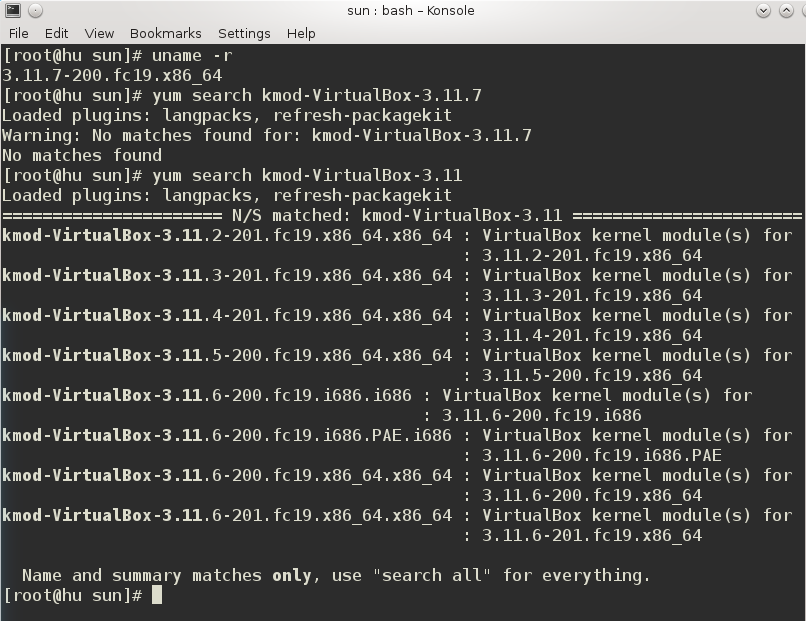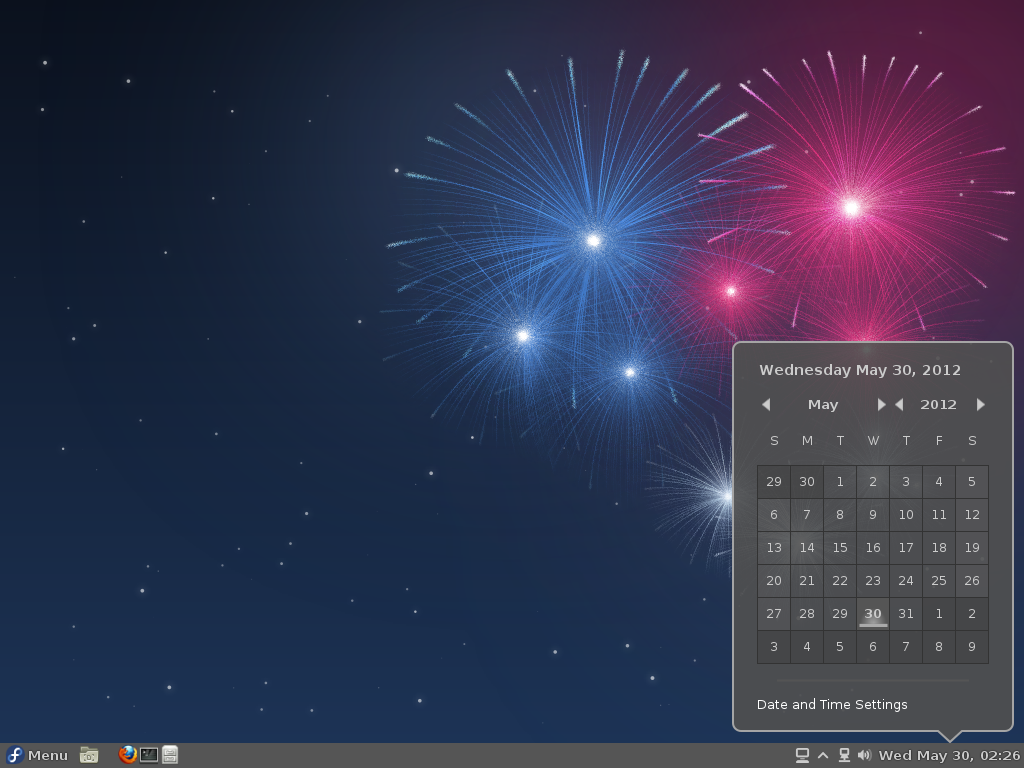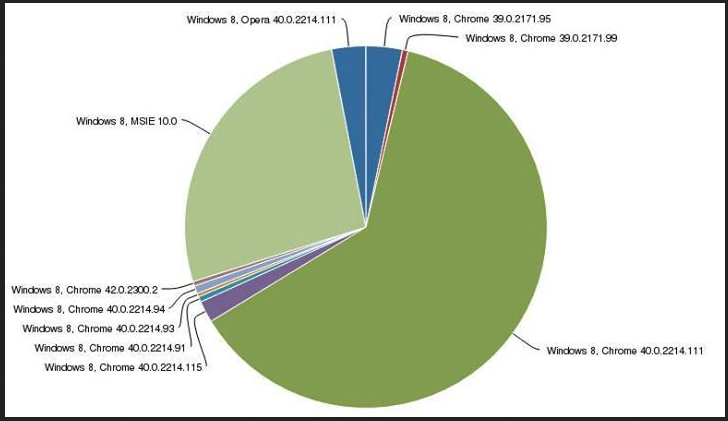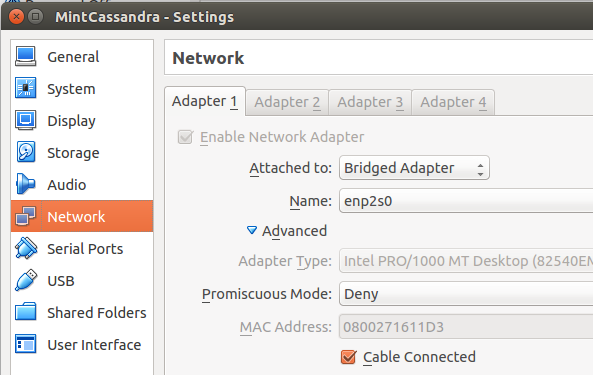My main desktop computer is powered by Fedora 19 on which I run at least a dozen guest operating systems using VirtualBox.
VirtualBox is my favorite software virtualization application. It’s really nice and easy to use. Installation packages are available for the major operating systems and distributions.
My setup works fine until I upgrade Fedora to a new kernel. On rebooting, any attempt to start a Guest OS fails with the error message shown in this image. Kernel driver not installed (rc=-1908).

Running the suggested systemctl command returns the output shown in this image.

And running the suggested command from that output returns the message shown in this image. I know for sure that DKMS is installed because <strong>rpm -q dkms</strong> returns dkms-2.2.0.3-17.fc19.noarch.

I have a pretty good idea what’s going on, but I needed conformation. Running vboxmanage gave me the info I was looking for.

So the system is running kernel 3.11.7, but a matching VirtualBox kernel module was not yet available. While I await the release of a matching kernel module, what’s the solution the problem with staring a Guest OS? Reboot and run the system using the older kernel. Within about four days, a matching VirtualBox kernel module was released and I’m now running it. Problem solved. So now I know to not panic whenever I upgrade the kernel in Fedora and Virtualbox fails to run any guest OS.









There is a kmod-VirtualBox.x86_64 : Metapackage which tracks in VirtualBox kernel module for newest kernel
yum search kmod-VirtualBox
Same problem for me with kmod-catalyst.x86_64
I have installed AMD’s proprietary driver for ATI graphic cards out of rpmfusion. As long as there is no updated kmod-catalyst from rpmfusion I risk a black screen after a kernel update.